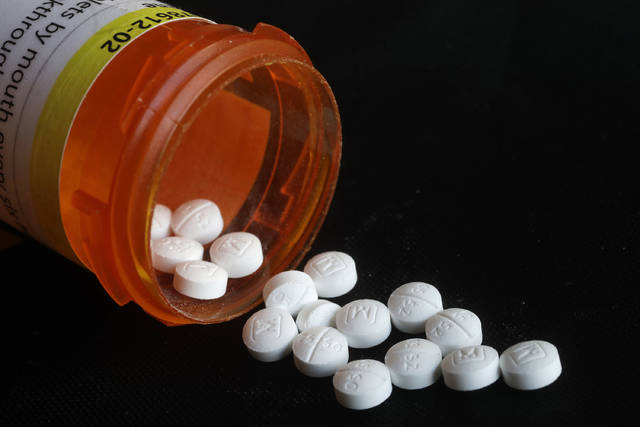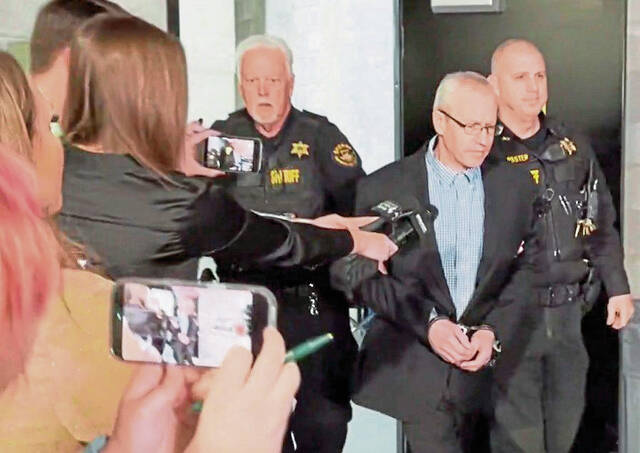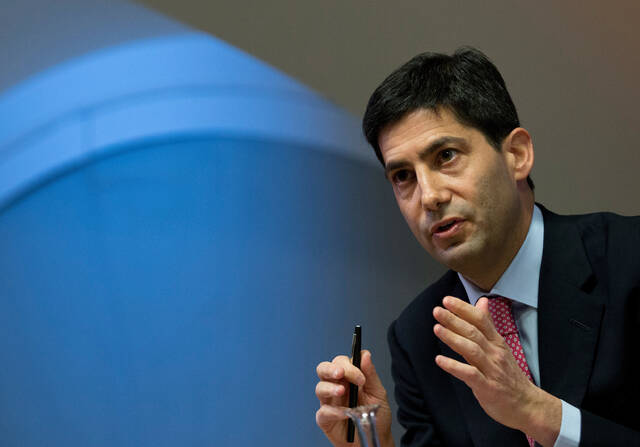Solutions can be obvious if we open ourselves to seeing them.
Doctors and scientists have a way of looking at something as both a problem and a solution. Something can be poison in one dose, medicine in another. HIV is being manipulated to fight cancer. Radiation can fuel a bomb, light your home or image your broken bone.
Government can learn something from that. Sometimes it does.
Let’s look at a couple of problems. First, we have an opioid crisis.
A kind of spin-off of that problem: We have areas with tragically high opioid use that are countered by shortfalls in the number of people who can treat addiction.
Another problem: A lot of Pennsylvania students are graduating from college with crippling student loan debt.
These issues have been looked at under a lot of microscopes. How do we cure the opioid addiction? How do we treat people when we don’t have enough treatment available? How do we make college affordable enough to help produce the workforce we need?
It gets attention at the federal level. Both opioids and student loans are hot topics on the Democratic presidential primary trail. Most of the proposals seem lofty and aspirational but their practicality can be questioned.
Gov. Tom Wolf has put out a plan at the state level that seems more concrete. It doesn’t look at the problems individually. It just might work because it sees them as part of a whole.
The administration will seek $5 million in federal grants and use them to see treatment to those high-use areas — including Allegheny County — by repaying student loans for people who commit to working in approved treatment facilities.
Directing that money toward one problem or the other might see some results, but looking at them as cells in the same organism allows the dollars to be spent in a way that kicks off a chain of events. It doesn’t press a button to turn on a light. It rolls the marble that hits the switch that presses the button, getting more return on the investment.
That’s smart for the government, smart for the taxpayers, smart for the professionals who took out those loans and smart for the people who need addiction treatment. It’s an answer that seems obvious now that it is spelled out.
We just have to be willing to see solutions instead of only problems.








